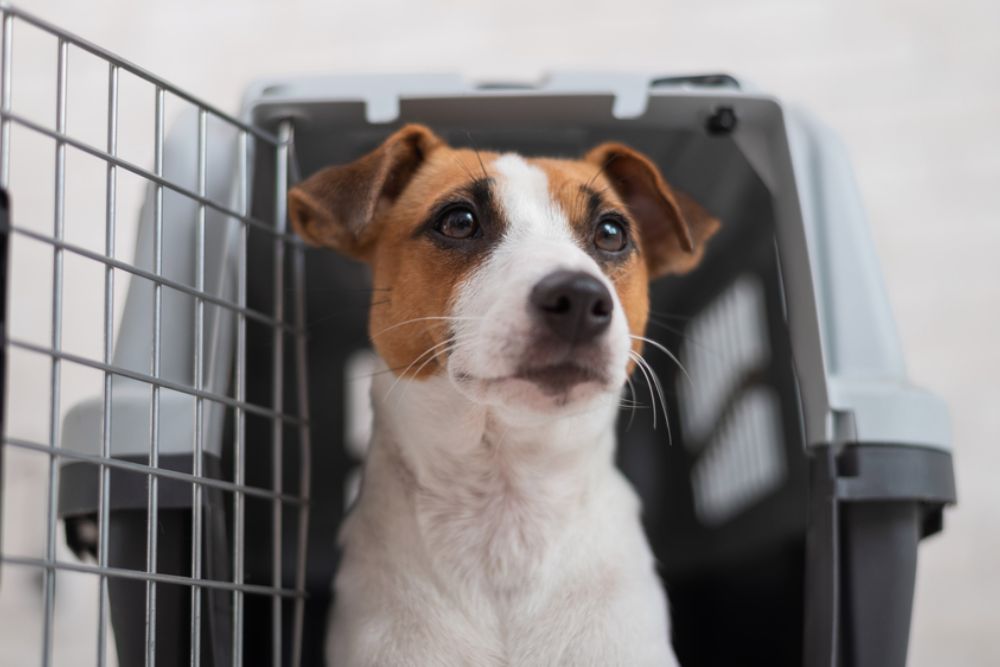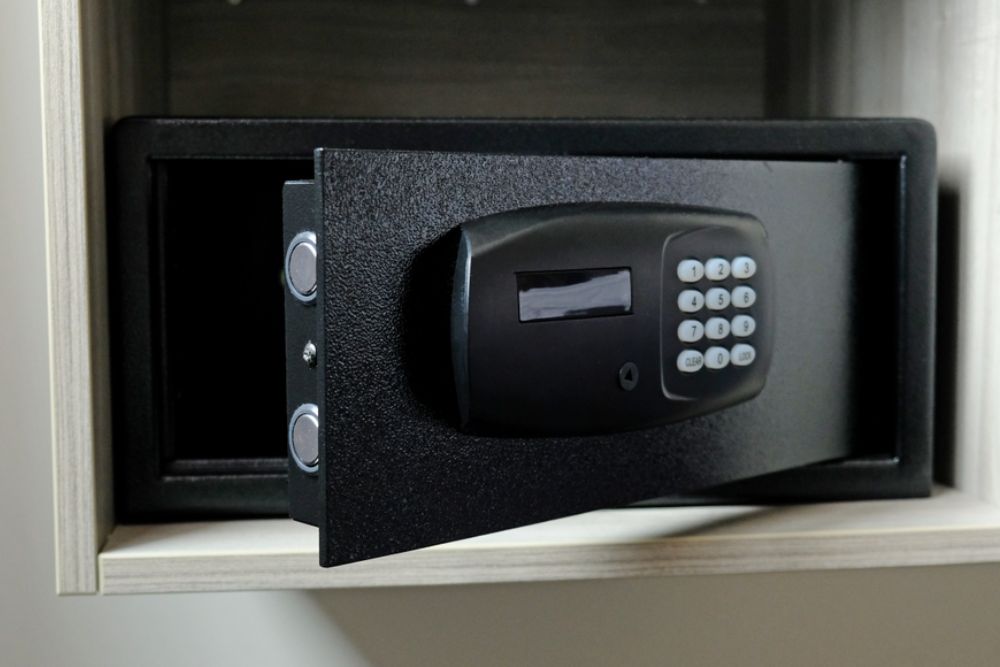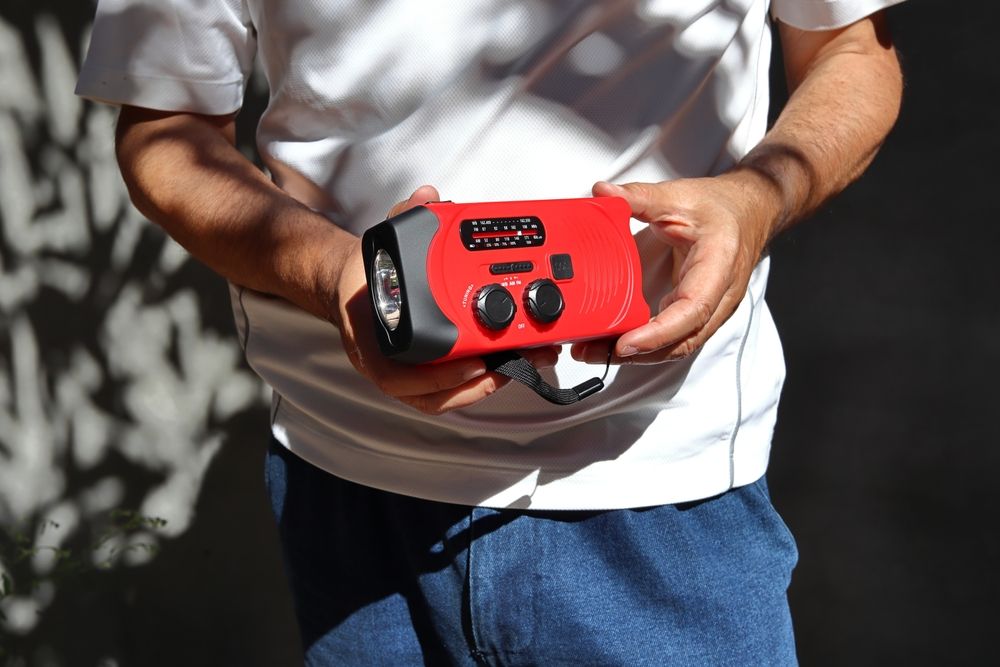Traveling with your pet should feel exciting—not stressful or financially overwhelming. But one of the fastest ways a trip can become expensive is through unexpected vet bills right before you leave. Whether it’s sudden stomach issues, overdue vaccinations, forgotten paperwork, or unnoticed health concerns, these last-minute surprises can cost hundreds of dollars and delay or even cancel your travel plans.
The good news is that most pre-travel vet emergencies are preventable. With the right preparation, routine habits, and a few proactive steps, you can keep your pet healthy, avoid unnecessary expenses, and head into your trip with complete peace of mind.
Here’s how to prevent last-minute vet bills and make sure your pet is ready for stress-free, budget-friendly travel.
Schedule a Routine Vet Check Well Before Your Trip
One of the simplest ways to avoid expensive last-minute issues is to schedule a routine vet visit 4–6 weeks before traveling. This gives you enough time to:
-
Update vaccinations
-
Refill prescriptions
-
Address minor health concerns
-
Complete necessary paperwork
-
Follow up on any recommended treatments
Most urgent vet visits before traveling happen because owners wait too long and discover issues days before leaving. A routine checkup far in advance can catch concerns early—before they turn into costly emergencies.
Keep Vaccinations and Preventatives Up to Date Year-Round
Instead of scrambling before a trip to update vaccines or flea prevention, keep your pet on a consistent yearly schedule. This prevents:
-
Rush fees for same-week appointments
-
Emergency visits for preventable illnesses
-
Paying extra for last-minute medication refills
-
Stress from trying to complete everything right before a flight
Maintaining a regular preventive care routine saves money long-term and reduces your risk of sudden pre-travel expenses.
Track Paperwork and Requirements for Your Destination Early
One of the most common unexpected vet expenses comes from paperwork you didn’t realize you needed. Requirements vary depending on:
-
Whether your trip is domestic or international
-
The airline you’re flying with
-
The country or state you’re visiting
-
Your pet’s species and size
Some destinations require health certificates, microchip verification, rabies titers, or vaccinations performed within specific time windows. If you find out too late, you may be forced into:
-
Emergency vet visits
-
Rush-processing fees
-
Expedited lab tests
-
Costly rebooked flights
Start researching requirements as soon as you plan your trip, not a few days before.
Monitor Your Pet’s Behavior and Symptoms Weeks Ahead
Pets often show subtle signs of discomfort or illness before owners notice something is wrong. Keeping an eye on behavior several weeks before your trip helps you catch small concerns before they become expensive emergencies.
Watch for:
-
Changes in appetite
-
Excessive grooming
-
Vomiting or diarrhea
-
Limping
-
Ear scratching or odor
-
Dental discomfort
-
New lumps or bumps
-
Unusual lethargy
Early detection means simpler treatments—and significantly lower costs.
Groom or Clean Your Pet at Home Before a Checkup
Many last-minute vet visits are triggered by simple hygiene issues: dirty ears, long nails, matted fur, or minor skin irritations. These concerns often lead pet owners to book emergency grooming or vet visits right before their trip.
To avoid these fees, groom your pet at home about a week before travel:
-
Clean their ears
-
Trim nails (or schedule a low-cost grooming session well ahead)
-
Brush and detangle fur
-
Check for fleas or ticks
-
Inspect paws for cuts or irritation
Preventing simple hygiene issues helps avoid unnecessary appointments.
Keep Your Pet on a Stable Diet Before Traveling
Sudden food changes can cause digestive distress—and digestive issues often lead to expensive vet bills. Avoid introducing new foods, treats, or diets in the weeks leading up to your trip.
Stay consistent with:
-
Their usual kibble or wet food
-
Treats they already tolerate well
-
Their normal feeding schedule
If your pet is prone to stomach sensitivity, consider adding probiotics or gradually switching food long before your travel date—not the week of your trip.
Reduce Stress for Your Pet in the Weeks Leading Up to the Trip
Pets, especially dogs and cats, can develop stress-related health issues. Stress weakens the immune system and can trigger conditions that require medical treatment—often right before you're set to travel.
Reduce stress through:
-
Consistent routines
-
Extra exercise
-
Calm environments
-
Familiar bedding and toys
-
Positive training sessions
-
Avoiding significant changes at home
A calm pet is far less likely to experience sudden health problems.
Keep Up With Monthly Preventatives to Avoid Expensive Emergencies
Skipping flea, tick, or heartworm preventatives can lead to infections that require urgent and expensive treatment.
Staying consistent with:
-
Heartworm medication
-
Flea and tick treatment
-
Deworming when necessary
…prevents costly last-minute health issues right before your trip.
Refill Prescriptions Early (Don’t Wait Until the Week Of)
Many pet owners wait until the week before traveling to refill medications—only to find out the vet requires an exam or that the pharmacy is out of stock.
To avoid extra fees:
-
Refill prescriptions 2–3 weeks before travel
-
Ask your vet for a larger supply if you'll be gone long
-
Check for generic medication options
-
Use online pharmacies when allowed (often cheaper)
Early planning avoids emergency prescription fees.
Create a Medication and Supplement Checklist
A forgotten medication can force you into an emergency vet visit at your destination. Before traveling, create a checklist that includes:
-
Daily medications
-
Flea and tick preventatives
-
Supplements
-
Calming aids
-
Emergency antihistamines (vet-approved)
-
Any required syringes or dosing tools
This prevents unnecessary spending while traveling.
Keep Your Pet’s Weight Under Control
Overweight pets are at higher risk of:
-
Joint problems
-
Breathing issues
-
Heart stress
-
Hidden illnesses
-
Heat complications during travel
Many pre-travel vet visits involve problems that stem from excess weight. Helping your pet maintain a healthy weight reduces risk and saves money on emergency care.
Check Your Pet’s Travel Crate or Carrier for Safety Issues
Old or damaged carriers can create injuries or health concerns, like broken nails or paw cuts—sending you to the vet right before your trip.
Inspect the carrier for:
-
Sharp edges
-
Broken zippers
-
Loose screws
-
Cracked plastic
-
Torn mesh
Fixing these problems early prevents unnecessary injuries and sudden vet bills.
Avoid Situations Where Your Pet Might Get Hurt Before Travel
Pets often injure themselves from simple accidents only days before a trip. Reduce risk by:
-
Monitoring outdoor play
-
Avoiding slippery surfaces
-
Keeping nails trimmed
-
Preventing rough play with other pets
-
Securing household hazards
A little caution goes a long way in preventing pre-trip injuries.
Avoiding last-minute vet bills before traveling isn’t just about saving money—it’s about ensuring your pet is healthy, comfortable, and ready for the journey. With early preparation, consistent care, and simple preventive habits, you can dramatically reduce the risk of last-minute medical expenses and stress.
By scheduling vet visits early, maintaining up-to-date records, minimizing stress, packing medications in advance, and watching your pet’s daily habits closely, you’ll set the stage for smooth, affordable, and enjoyable travels for both you and your companion.
A healthy pet means a happier trip—and a much happier wallet.





